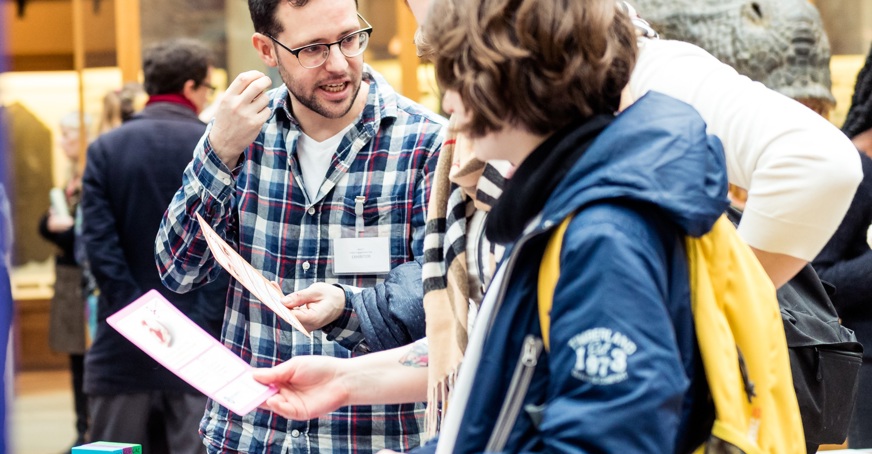
Science Communication Prize
We are looking to identify and celebrate outstanding science communicators with our annual Science Communication Prize!
Each year, we invite students across different educational stages to submit a written or media entry aimed at the general public, which discusses a topic in the biosciences.
The Science Communication Prize welcomes entries in two categories:
- Further Education e.g., A-level/T-level/BTEC National/Scottish Highers or equivalent students.
- Higher Education e.g., BTEC Higher National, foundation, undergraduate and postgraduate students.
Entries must be bioscience themed and aimed at the general public, with entries welcomed from any written or media format including, but not limited to:
- Written article (1,500 words max)
- Short video (5 mins max)
- Podcast/Audio
- Infographic
Entrants who have graduated in the same year in which their entry is made can still enter and the educational stage of entrants will be taken into consideration when judging submissions (see full entry criteria below).
Winners are selected for both educational category, with prizes awarded for 1st, 2nd and 3rd place.
- 1st prize winner receives £300
- 2nd prize winner receives £200
- 3rd prize winner receives £100
Winning entries will be published in the Society’s magazine, The Biochemist, and on the Society’s website.
Take a look at last year's winners below for inspiration!
Please note: winning entrants who are under 18 must have consent from a parent or guardian for their work to be published.


Contact us
For further support or queries, please get in touch with the Grants department.







